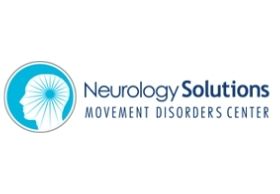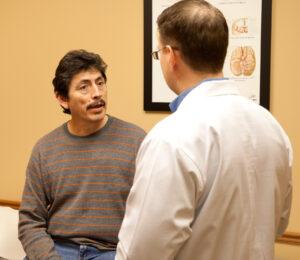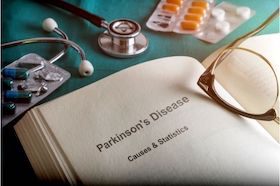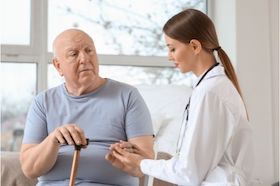
Metabolic Enhancements for Parkinson’s, DBS Topics of Talk
Dr. Robert Izor and the Neurology Solutions care team will lead a panel discussion on key topics of interest to the Parkinson’s community, including treatment options and the latest Parkinson’s research breakthroughs, during an upcoming meeting of the Capital Area Parkinson’s Society. The Neurology Solutions providers panel will discuss Deep Brain Stimulation surgery (DBS) as well as metabolic enhancements for Parkinson’s disease as a way to slow the progression of neurodegenerative disease process.






